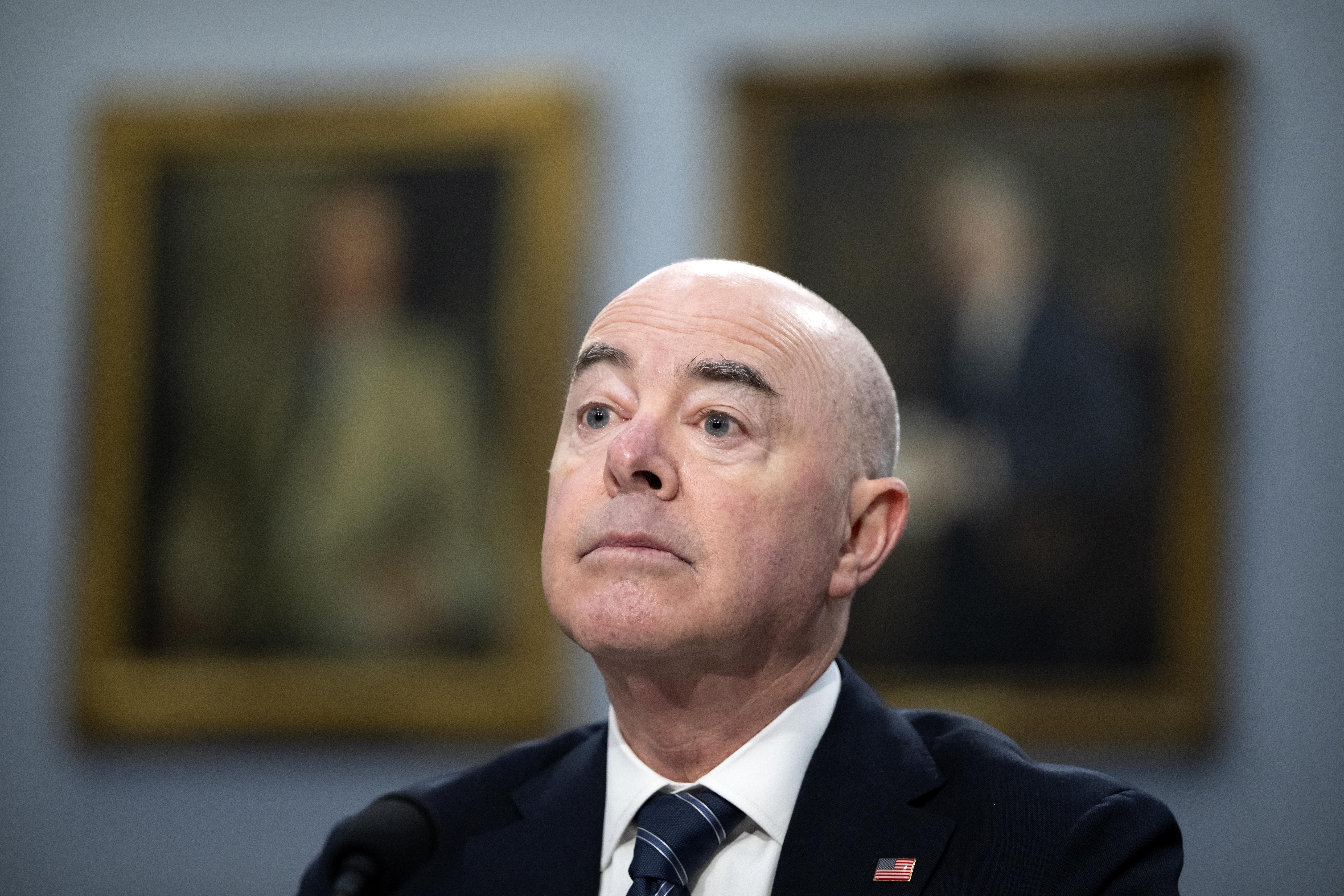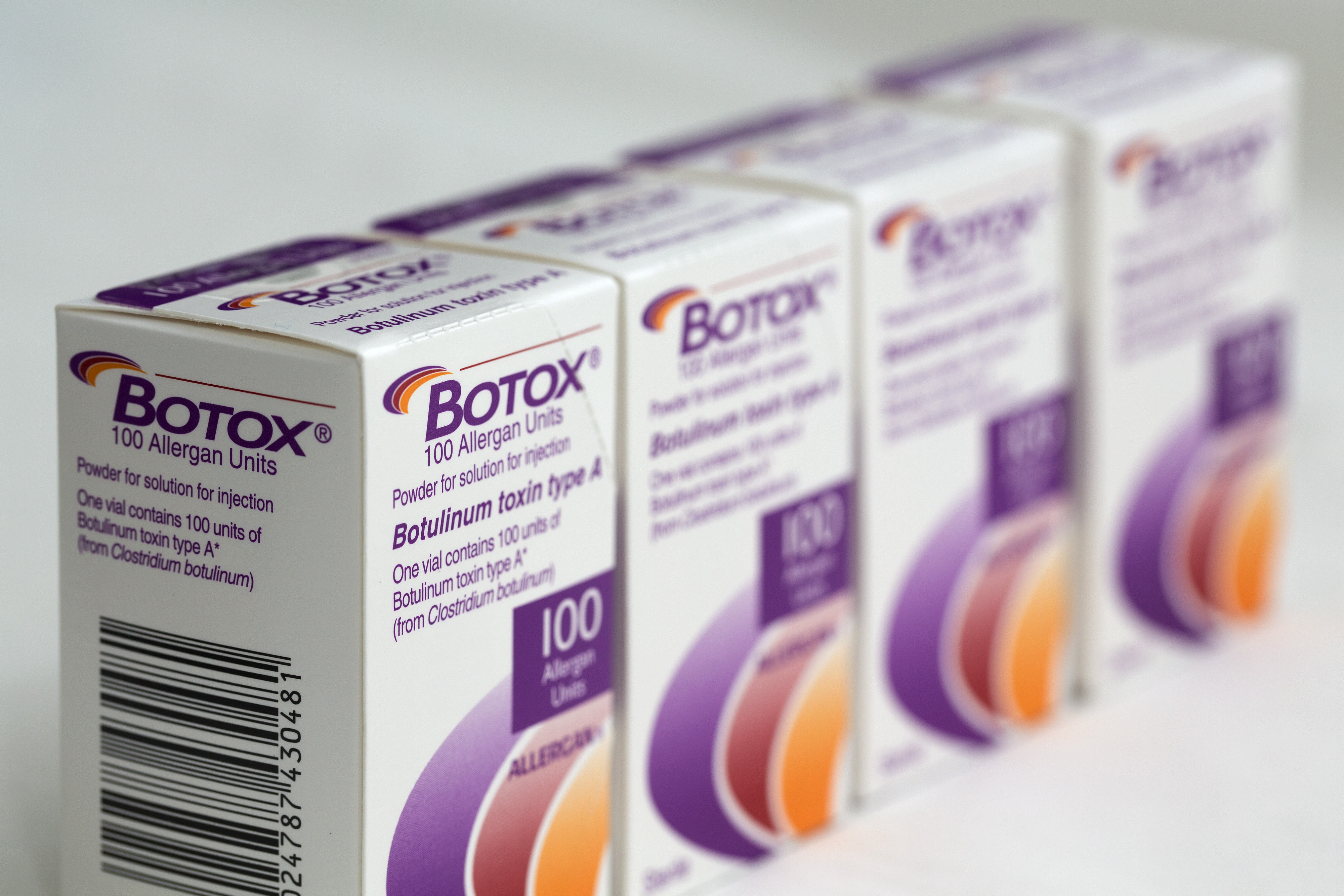In last year's half-season finale of "Mad Men," senior advertising firm partner Bert Cooper's eyes brightened as he watched the Apollo 11 lunar landing and heard Neil Armstrong's famous "One small step for (a) man, one giant leap for mankind" declaration. "Bravo!" Cooper exclaimed.
Cooper was clearly more excited about Armstrong's turn of phrase than about witnessing the historic miracle on July 20, 1969. That's typical of a show where the advertising world characters live to spin clever words and images to obscure, overshadow or manipulate the changing reality around them.
The sequence provided one of the latest memorable moments on "Mad Men," which returns Sunday for its last launch: the final seven episodes of the seventh and last season of the series with the "falling man" opening that helped rocket TV to new heights.
"Mad Men," which has moved satisfyingly slower as it's aged, sells us more on the journey than on the elusive destination. That's evidenced in the AMC drama traveling from the story of Don Draper/Dick Whitman's search for identity to Don and his protégé’s Peggy Olson's often parallel paths of reinvention to a larger search for family and meaning during one of the most turbulent social and political periods in U.S. history.
Those yearning are reflected in Don and Peggy's ads – everything from his classic Season 1 "Carousel" spiel about the joy and pain of nostalgia embodied in a Kodak slide projector to her spot in the most recent episode for fast-food chain Burger Chef, where "every table is a family table."
Ads for the show itself brim with transportation themes – most recently posters showing Don in a car. He's in the driver's seat, but the lost look on his face suggests he's got, as Bob Dylan, the pop poet of the era put it, "no direction home" as he nears the end of the 1960s and the end of the story.
In the most recent episode, Don avoids getting fired when real-life advertising giant McCann-Erickson buys a controlling share of his firm to keep Buick's business – and get Don. He also broke up with his young actress wife Megan, and tried to keep his teenage daughter Sally from falling into the cynicism he played a major part in stoking. The other key woman in his life, Peggy, wins the big Burger Chef account, aided by Don Draper's words to live by: "Every great ad tells a story."
U.S. & World
The day's top national and international news.
The moon landing storyline proved effective, following in the steps of past episodes where major events like the JFK, MLK and RFK assassinations were seen through the characters' eyes. Perhaps we can expect more 1960s milestones to come with Woodstock (will Sally go?) and another kind of miracle, the Mets' World Series victory, providing backdrops as the show winds to a conclusion.
But it's the seemingly small moments that resound most on "Mad Men." Case in point: After his "Bravo!" pronouncement, Bert Cooper dropped dead – off-camera. But he turned up in the episode's final scene, a figment of Don's now tortured imagination, in a song-and-dance number built around the Roaring Twenties tune "The Best Things in Life are Free."
"The moon belongs to everyone/The best things in life are free," sang Cooper, played by Robert Morse, whose musical legacy traces to the early 1960s Broadway corporate satire "How to Succeed in Business Without Really Trying."
The song, which debuted shortly before the Great Depression hit, represents the power of possibility and a freedom from responsibilities and commercialism. The segment perhaps provided an ad for what's to come on a show that deserves a similarly, satisfying, bittersweet and haunting ending.
In the meantime, check out a preview above of the countdown to the end of a drama that mixed small steps and big leaps along with the best of them.
Jere Hester is founding director of the award-winning, multimedia NYCity News Service at the City University of New York Graduate School of Journalism. He is also the author of "Raising a Beatle Baby: How John, Paul, George and Ringo Helped us Come Together as a Family." Follow him on Twitter.



